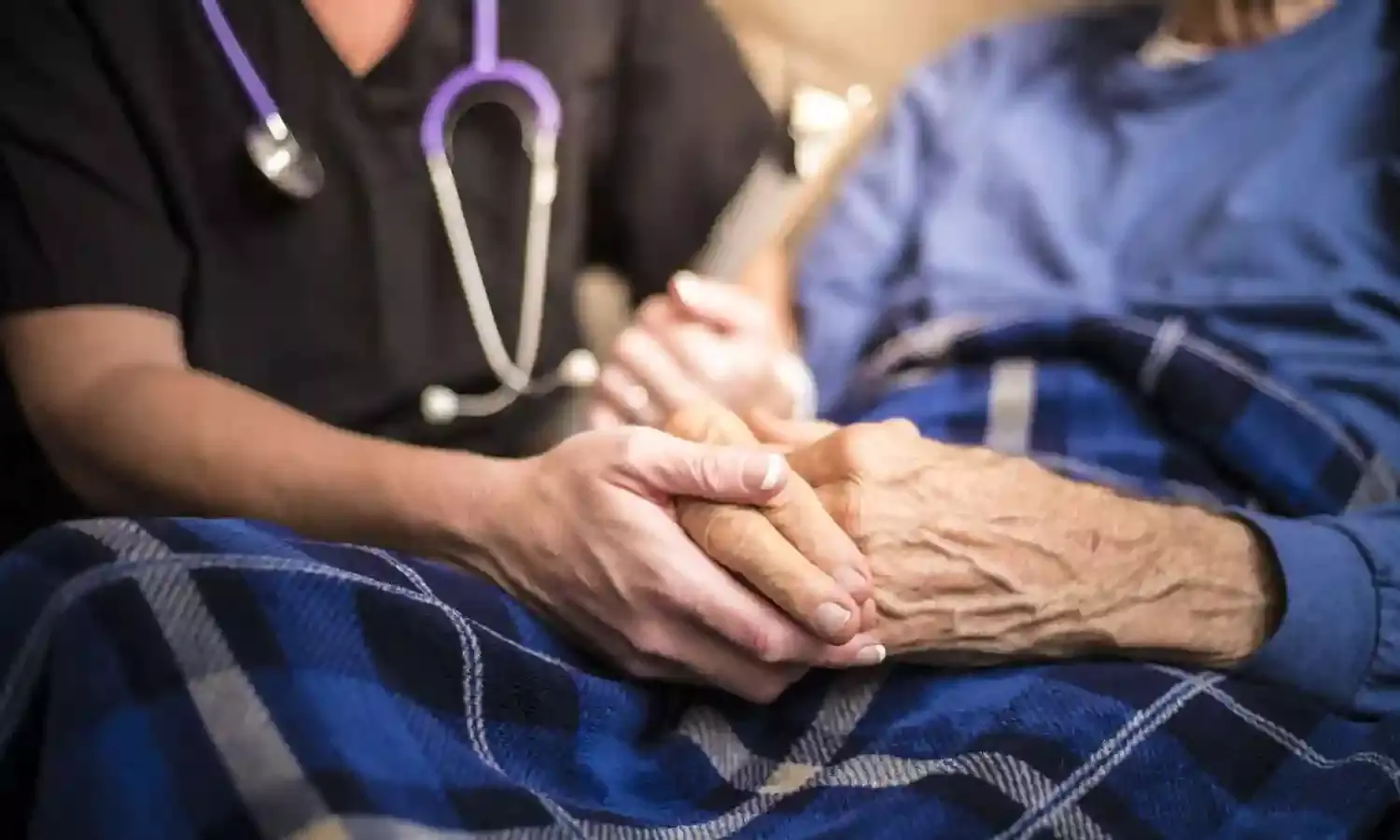The Careless Caregiver
Medics have lost the diagnostic, prescriptive skills they once possessed

August has been the cruellest month this year. As Independence Day celebrations drew to an end, my centenarian mother, alert and robust in mind but weakened in body, passed away after a week of hospitalisation. She was a qualified doctor, who had resisted moving to the hospital, believing that she would be cared for far better at home.
Our grief is particularly acute today, since we have seen at close quarters how her fears were realised. It's not that doctors, nursing and auxiliary staff are heartless or do not perform their duties.
But, even in the best institutions, they have lost the diagnostic and prescriptive skills that they once possessed. Of discovering a patient's ailments by observation and touch. Of putting symptoms together and reading the result as a whole. Of acting quickly and compassionately to relieve distress and make a patient comfortable.
It's as if the medical and nursing professions have exchanged their skills for routine dependence on gadgets and machines. Has caregiving become a mere matter of engineering and technology?
There was a time when doctors assessed pulse beats, listened to breathing through stethoscopes and gathered data about our general condition from external indicators, the colour of the skin, the response to stimuli, the restlessness and discomfort of a sick person. The nurses who attended my mother hardly noted these clues.
They entered the daily vital data (blood pressure, temperature etc.) on their charts like robots every morning, without realising the implications. Activities like taking the pulse count were substituted by machine measurement using oximeters.
Visible signs of pain and distress were routinely ignored. They did not see a palm that was swollen by overuse of the drip or general edema of the limbs, even though the patient was clearly restless, till a relative or an attendant pointed it out. And this was despite frequent visits to the bedside to adjust one machine or another.
Medical personnel did not also use the data collected to arrive at a coherent conclusion. White-coated doctors did hospital rounds faithfully every morning, but did not connect the dots to understand the patient's overall condition.
Suffering from constipation with an increasingly inflated belly, my mother tossed around on the bed for two days in a row. Neither the medical team, who examined her each day, nor the nurses who dropped in frequently to adjust the drip, offered her relief.
It was a home remedy, administered by a relative at the bedside that eventually brought an end to the discomfort. Surely, this is not how medicine is expected to be administered to patients.
We are all aware that hospital workers and doctors cannot work well without professional detachment. They are overworked and illpaid (this is especially true of nurses and auxiliary staff). They are expected to be on call at odd hours for long periods.
These systemic problems need effective solutions. But, we cannot ignore the lack of empathy and even compassion, which results in patients being left in wet beds, when drips or diapers leak, for hours at a time, without alerting attendants at the bedside or those provided by the hospital.
This happens more often perhaps to patients in ICUs, who have no attendants at their bedside alert to their needs. Such disturbing experiences have become the norm in every medical institution. No wonder my mother did not wish to be ever admitted to a hospital.
Tools engineered for diagnosis and cure of human ailments have transformed the practice of medicine in this century. Diagnostic centres have come into their own as places where data can be gathered about what is happening within the human body.
Probes are regularly employed to enter organs which hide their secrets from the naked eye. They are followed by lasers which can be guided to operate without invasive surgery that could provoke infection and require long periods of healing.
These are testimony to the creativity and skill of countless physicians and engineers. No one would wish to return to earlier centuries when everything depended on a doctor's experience and talent as a diagnostician.
But, after recent unhappy days attending to my mother in the hospital, I am left wondering. Hasn't something very valuable been lost in the process of robotisation of medical procedures?
Like pilots trained on aircraft run on automatic pilot, doctors and hospitals have set aside the effective techniques they had imbibed in the pre-technology era of reading external signs of human distress, linking up different indications of illness and discovering and treating a medical complaint.
By interposing gadgetry between themselves and suffering patients, they have also shed some of the compassion that is essential to reduce pain and promote healing. Can these old skills be brought back once more into the medical lexicon?



